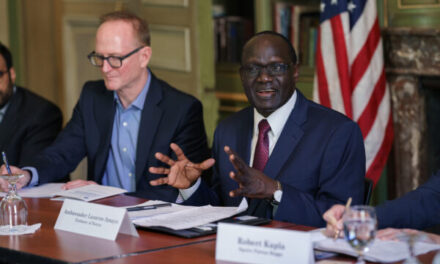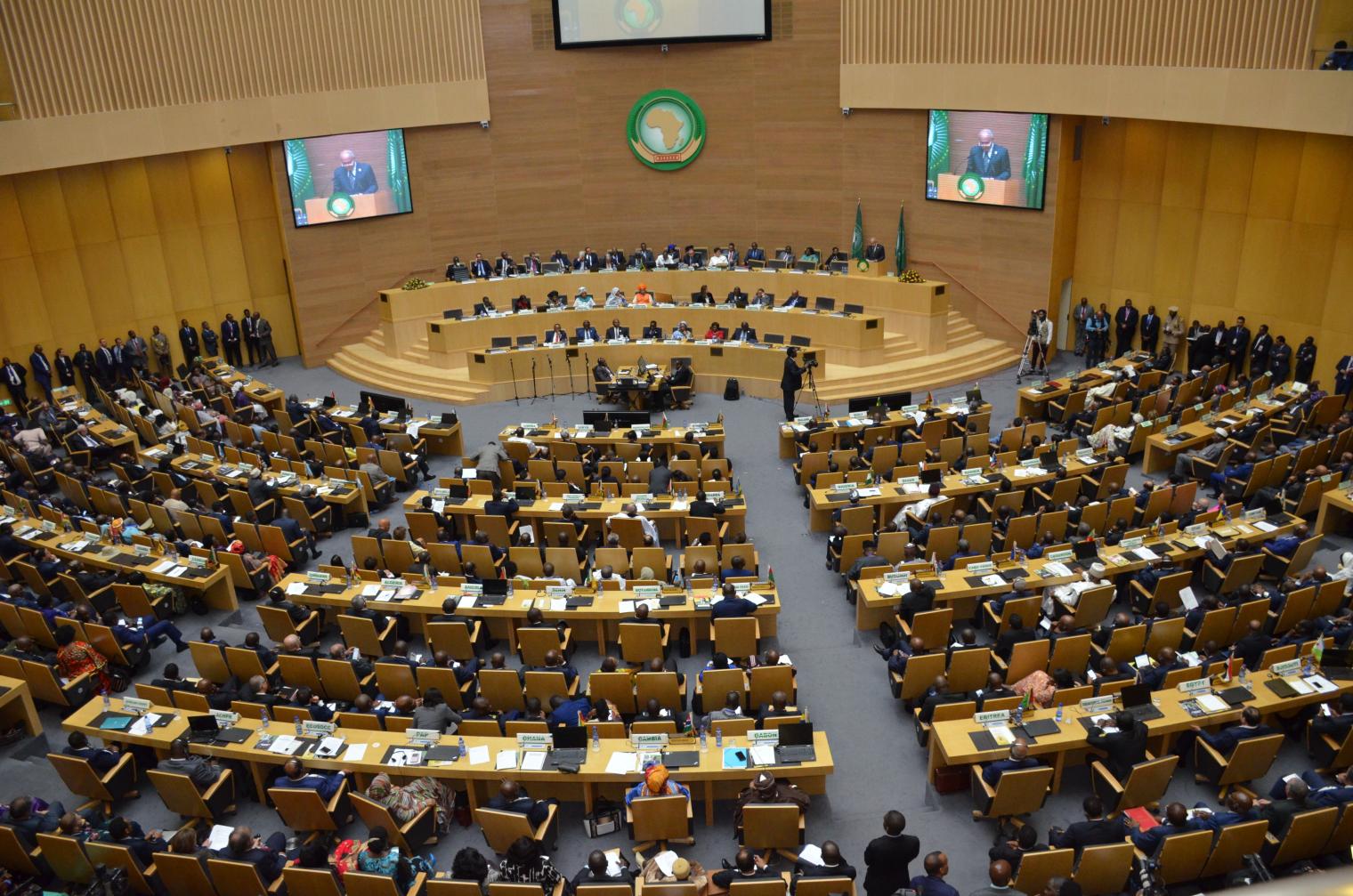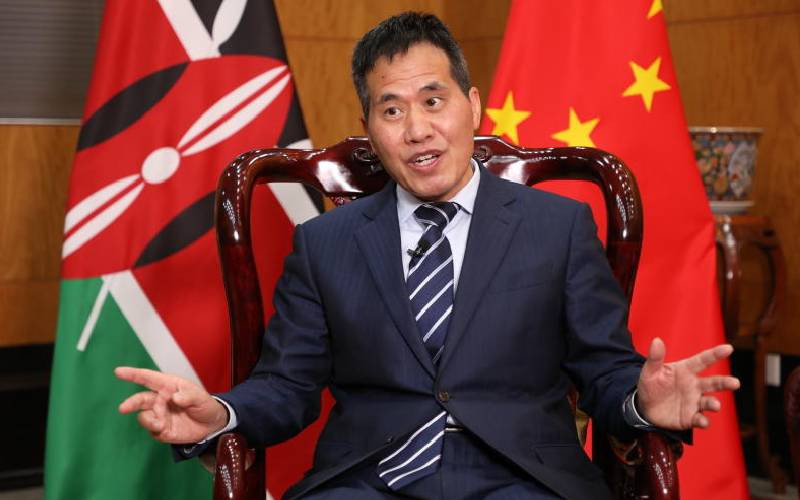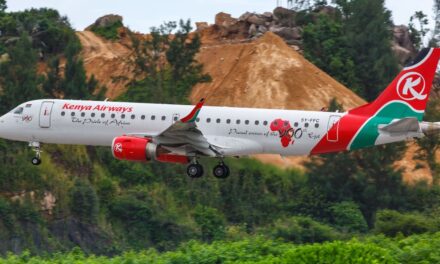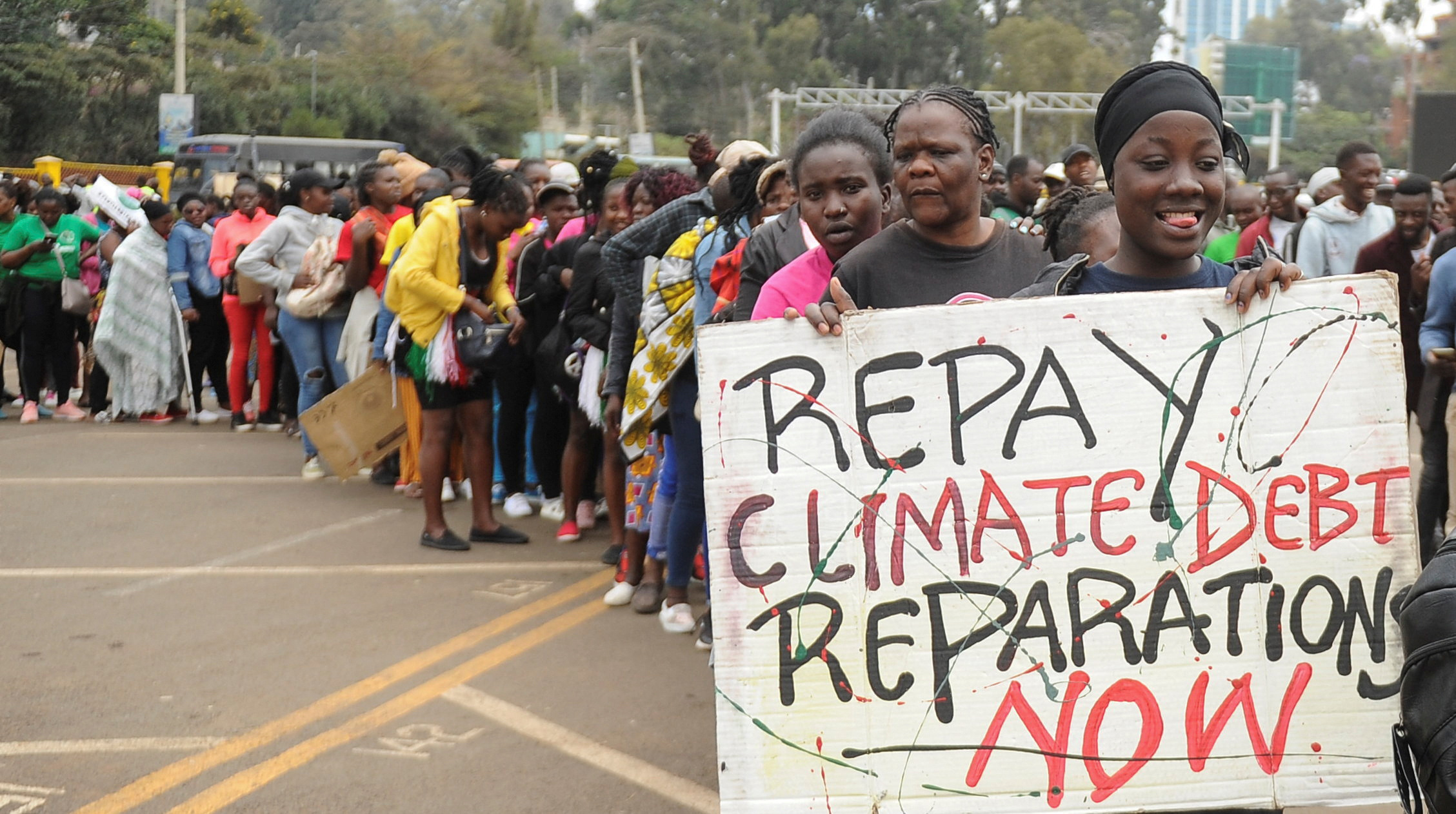
Kenya’s BasiGo: From COVID-19 Creation to Africa’s Largest Electric Bus
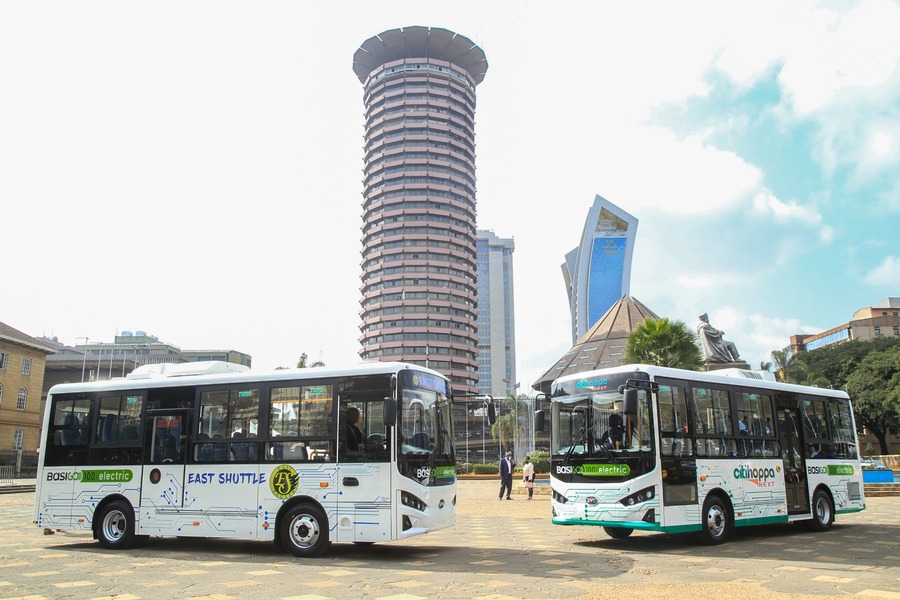

BasiGo has received over 50% of all EV funding in Africa
It’s order book represents 27% of all new bus sales in Kenya and 3% of the world
It recently expanded into Rwanda
Nairobi’s air quality improved so dramatically during the COVID 19 lockdowns of 2021, when nearly all its fossil fuel buses were grounded for several days, that Mt. Kenya was suddenly visible despite being nearly 200 kilometers away. This inspired BasiGo’s founders to start Kenya’s first electric bus company.
Less than two years later, BasiGo’s electric buses have driven over a million kilometers and transported nearly 1.5 million passengers. Its customer order book represents 3% of all electric buses sold in the world outside of China and it is on course to raise that number to 10%.
In effect, BasiGo is now Africa’s largest electric bus company.
BasiGo has also raised over $28 million since it was founded less than two years ago. That’s a staggering amount going to one single EV company, considering that the total EV funding in all of East and Central Africa is about $58 million – basically, half of all EV funding in Sub-Saharan Africa has gone to BasiGo.
What’s the secret of its success? BasiGo certainly picked the right country.
The Kenyan bus market is chomping at the bit to go electric. BasiGo not only has confirmed orders of 350 buses and counting, fully booked by customers who are waiting for BasiGo to deliver, but the orders are going up faster than BasiGo is able to assemble the buses to fulfil them.
Global context: In 2022, 12,000 new electric buses were sold in the world (excluding China, but including Asia, Europe and the Americas). BasiGo’s bookings of 350 buses represents 3% of that global figure. BasiGo’s target of 1000 buses in Kenya and 200 buses in Rwanda represents 10% of that number.
So what BasiGo is already doing in Kenya, and seeking to do in East Africa going forward after its expansion to Rwanda, is a very big deal on the world electric bus scale.
Business Model
BasiGo builds electric buses in Kenya with a partner, using kits imported from BYD of China, and then sells them for the cost of a normal diesel bus to bus operators, but minus the battery.
The battery is leased on a pay-as-you-drive model, where the subscription is paid at the rate of approximately 26 shillings per kilometer ($0.17). BasiGo monitors kilometers driven and digitally bills the bus operator each day from the fares collected. You can also lease the bus at a much lower entry cost.
Battery charging and maintenance is free.
BasiGo’s Many Problems
BasiGo has many problems it’s trying to solve simultaneously.
Its biggest problem is the reliability of its batteries. Each bus needs to charge twice a day, and each charge takes four hours to complete. That takes the buses off the road for at least 8 hours a day, usually more, as chargers are few and far between.
This alone makes it difficult to compete with Internal Combustion Engine (ICE) buses from an efficiency and revenue standpoint.
Also, Kenya relies heavily on water to generate electricity. Climate change (and admittedly poor grid investment and maintenance) is taking a toll on its energy plants as the country goes through the worst drought in its history.
Kenya has recently hiked electricity prices and suffered rolling blackouts countrywide – such a scenario, if it became more common, would totally cripple the BasiGo fleet and bring their electric bus dream to a crushing end – especially with such weak batteries.
And until more chargers are installed across Kenya, long distance electric travel won’t happen at all.
BasiGo also has a bus booking app called Jani which passengers can use to reserve a seat on a bus. The Jani interface looks like and works just like the Uber app, except it’s for buses.
Some of the reviews left on the Jani app show some customers are unhappy with BasiGo’s ability to guarantee them a ride when it is needed. BasiGo’s web-based bus locator is not helpful either. Is this a tech problem or an operational problem?
Well, BasiGo has only successfully assembled and deployed 21 buses so far. However, this is the largest fleet of clean, electric buses in this part of the world, including South Africa. This is a shockingly small number for such a large continent.
In order to boost its ability to meet the demand from its impatient customers, BasiGo received a $5 million dollar boost in November 2023 from British International Investment (BII) to immediately assemble and deliver 100 buses to its waiting customers, as they continue to scale up to fulfill all 350 pending orders.
Another issue is that Kenya’s government is focused on electric motorcycles, not buses: Kenya has set a target of 200,000 electric motorcycles on its roads by end of 2024. No word yet on electric bus targets.
How fast can BasiGo scale their operations? How far are they willing to go?

Going by how fast orders are coming in, BasiGo is on the cusp of completely dominating new bus sales in Kenya.
Over the last three years, the average number of buses sold per year in Kenya has been about 1,274 buses a year. BasiGo’s orders of 350 buses would be equivalent to 27% of that.
And if BasiGo successfully meets its goal of selling a minimum 350 buses per year then the argument could be made that BasiGo has already taken over 27% of Kenya’s new bus market less than two years since it was founded. That’s pretty impressive.
The rapid uptake of BasiGo’s buses shows Kenya wants BasiGo. Kenya also needs BasiGo.
Nairobi’s busy transport sector has about 30,000 smoke belching, noisy, high emission diesel buses, also known as matatus. Overall the country has over 100,000 matatus. Also, the vast majority of cars and buses in Kenya have been shipped in secondhand from Japan and Europe with their catalytic converters and air filters dismantled.
As a result, Nairobi’s air quality is progressively worsening and is reportedly amongst the worst in Africa. A solution is urgently needed.
BasiGo is offering that solution.
BasiGo’s electric buses are also popular with passengers. Whenever a BasiGo bus shows up at the bus stop, it fills up quickly. This is despite the fact that a BasiGo ride is at least 20 shillings ($0.13) more expensive than a ride in a diesel bus during rush hour.
“BasiGo’s buses are delightful. The buses are clean and quiet, and they are low to the ground making it easy for kids and folks with disabilities to get on”, said Ms. Wanjiku, a regular user of the electric buses.
“They may be slower than the diesel buses, but that makes them safer”, she adds.
Because the vast majority of Africans travel on buses and not cars, Africa has an opportunity to leapfrog into the electric bus age.
If BasiGo gets it right in Kenya, the continent will likely follow. We might well be observing the birth of an African electric mobility giant.
Could it become one of the biggest electric mobility companies in the rest of the world as well?
Time will tell.
Your support empowers us to deliver quality global journalism. Whether big or small, every contribution is valuable to our mission and readers.






